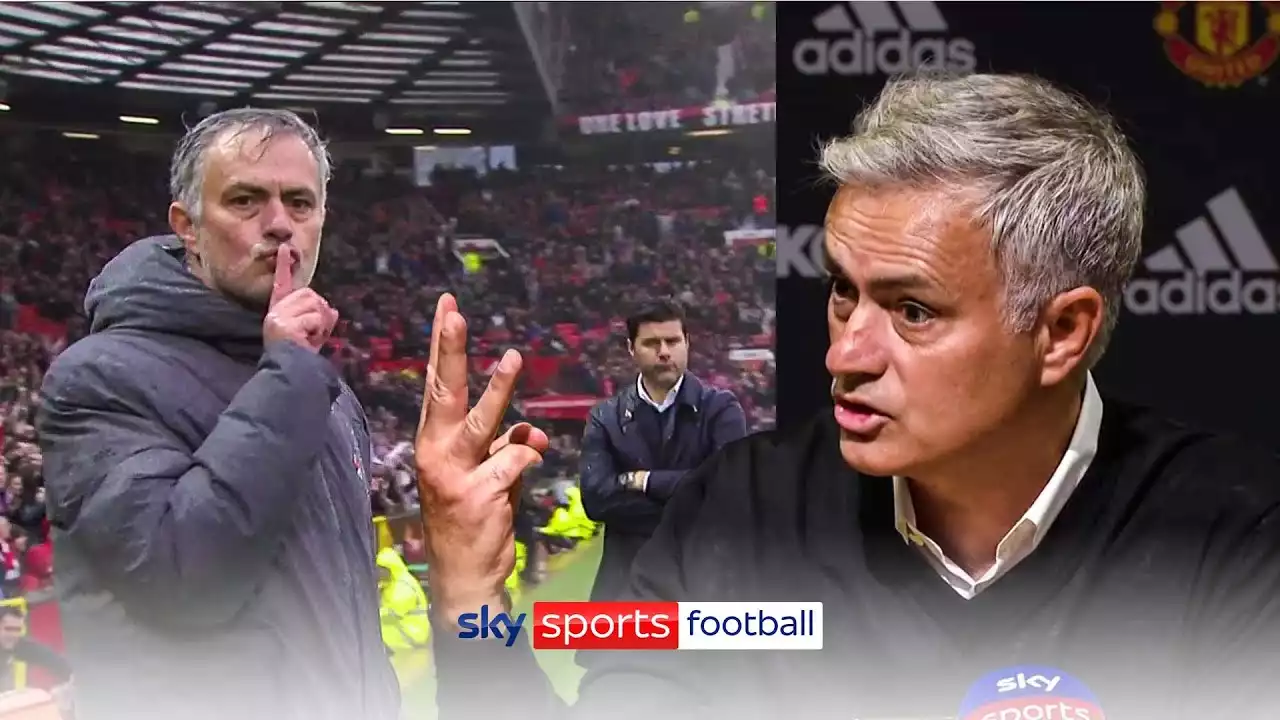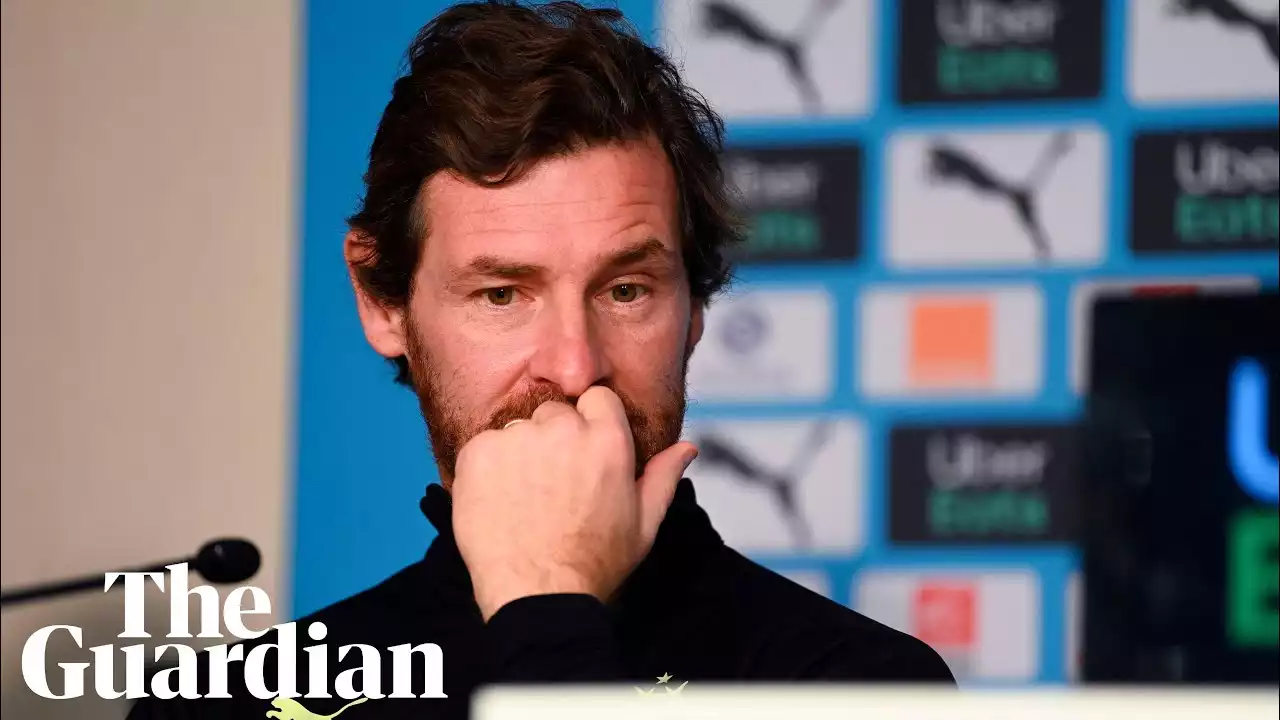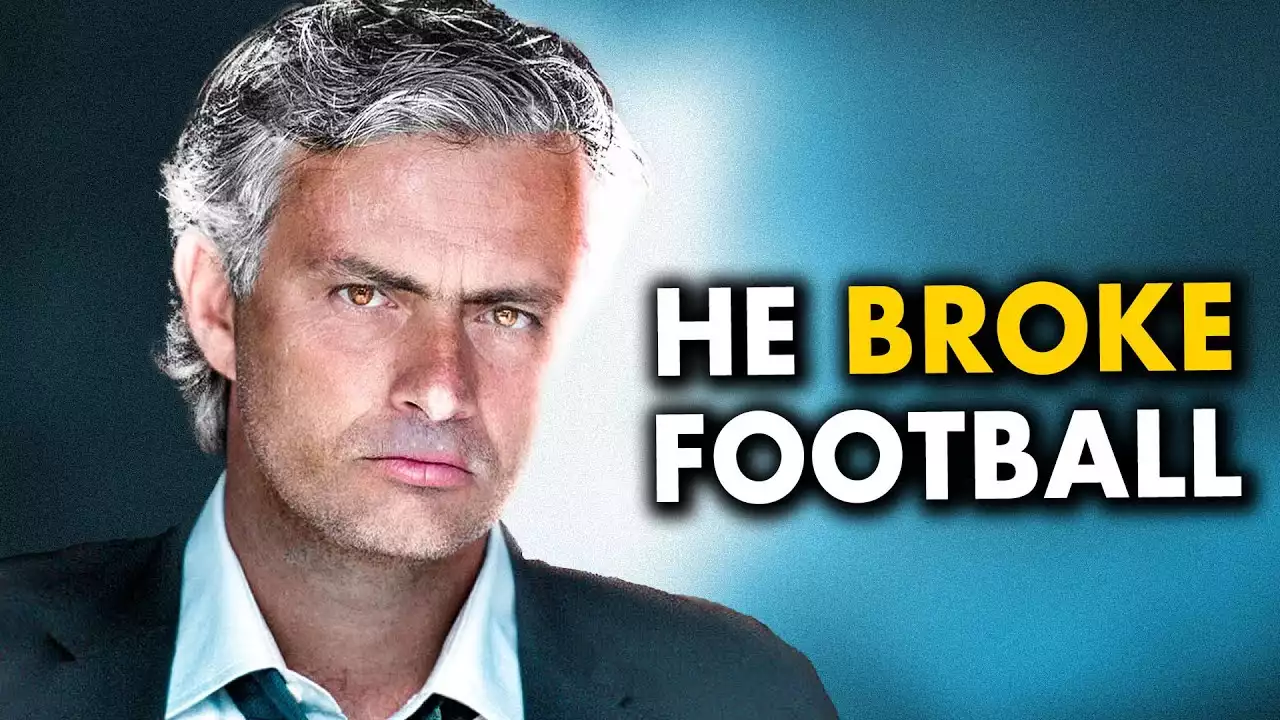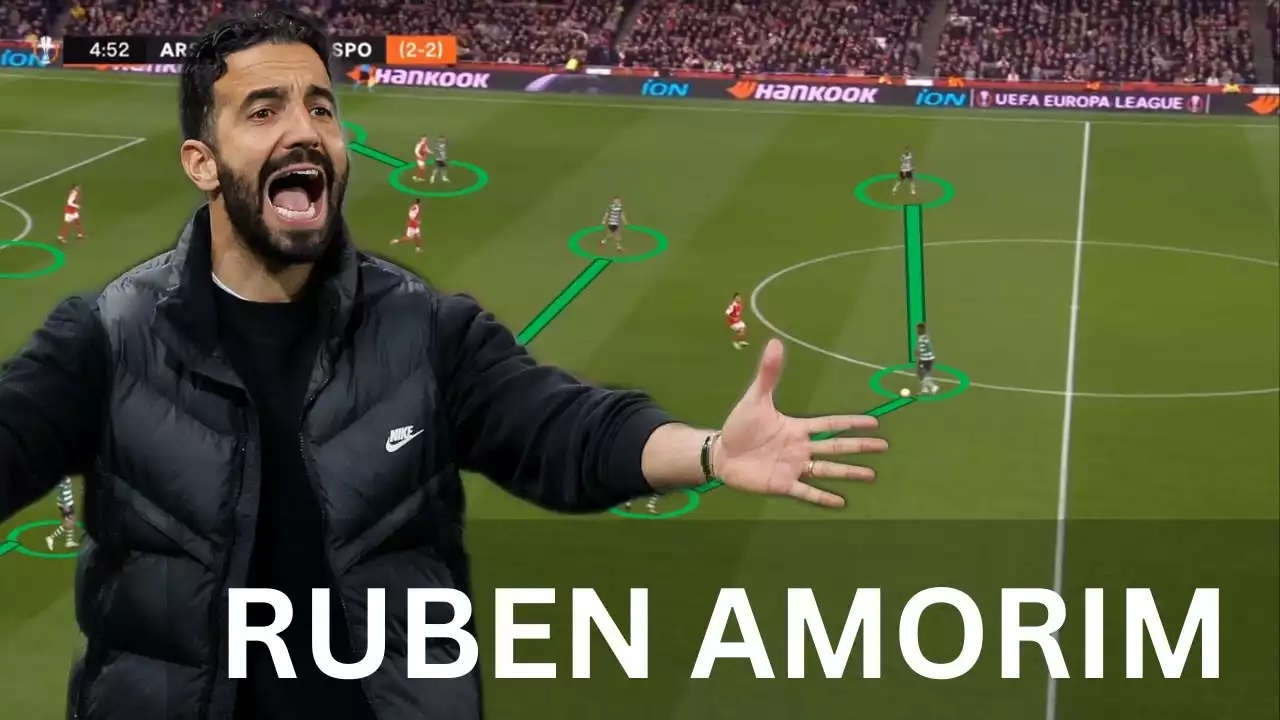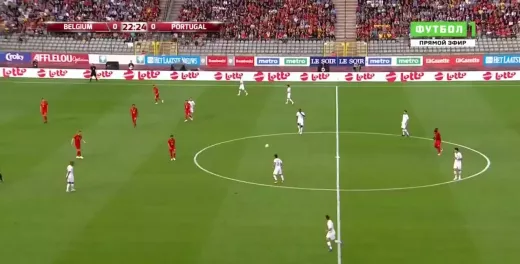Introduction
Jose Mourinho, often referred to as "The Special One," has carved out a legendary legacy in the world of football. With an illustrious career spanning over two decades, Mourinho has proven time and time again why he is considered one of the greatest football managers of all time. From his tactical genius to his fiery personality, Mourinho's achievements speak volumes about his ability to captivate both players and fans alike. With numerous league titles, domestic cups, and even Champions League triumphs under his belt, it's clear that Mourinho knows how to transform an ordinary team into a powerhouse. But it's not just his silverware collection that sets him apart; it's his unyielding determination, unparalleled charisma, and unwavering belief in his own abilities that have made him an icon in the football world. In this article, we will delve into the extraordinary achievements of Jose Mourinho and explore what makes him truly special.
Early Career and Rise to Prominence
Jose Mourinho's journey to becoming "The Special One" began long before he made a name for himself as a manager. Born in Setubal, Portugal, Mourinho showed a keen interest in football from an early age. He followed in his father's footsteps, who was also a footballer and coach. Mourinho's passion for the game was evident, and he quickly developed a deep understanding of the sport's intricacies.
After completing his education, Mourinho embarked on his coaching career. He worked as an interpreter and assistant coach for several clubs, including Sporting Lisbon and Porto. It was during this time that Mourinho honed his skills and developed his unique managerial style. His meticulous attention to detail, emphasis on discipline, and ability to motivate players set him apart from his peers.
In 2000, Mourinho got his first big break when he was appointed as the manager of Benfica. Although his tenure at the club was short-lived, it showcased his potential as a manager. Mourinho's tactical acumen and ability to get the best out of his players caught the attention of other clubs, leading to his rapid rise to prominence in the football world.
Mourinho's next move would prove to be a defining moment in his career. In 2002, he was appointed as the manager of Porto FC, a relatively small club in Portugal. Under Mourinho's guidance, Porto went on to achieve unprecedented success. His tactical brilliance and ability to instill a winning mentality in his players propelled Porto to new heights. In the 2003-2004 season, Mourinho led Porto to victory in the UEFA Champions League, defeating some of the biggest clubs in Europe along the way. This triumph solidified Mourinho's reputation as a master tactician and catapulted him into the global spotlight.
Mourinho's Managerial Style and Tactics
One of the defining characteristics of Jose Mourinho as a manager is his unique style and tactics. Mourinho is known for his pragmatic approach to the game, prioritizing defensive solidity and counter-attacking prowess. His teams are well-drilled, organized, and difficult to break down. Mourinho's ability to adapt his tactics to exploit his opponent's weaknesses is second to none.
In addition to his tactical acumen, Mourinho possesses exceptional man-management skills. He has a knack for getting the best out of his players, instilling confidence in them, and creating a strong bond within the team. Mourinho's charismatic personality and ability to command respect from his players make him a natural leader on the sidelines.
However, Mourinho's methods have not been without controversy. His confrontational style and willingness to speak his mind have often landed him in hot water with referees, opponents, and even his own players. Despite the occasional controversy, Mourinho's ability to deliver results and his unwavering self-belief have earned him the respect of both his peers and the footballing community.
Achievements at Porto FC
Jose Mourinho's time at Porto FC was nothing short of extraordinary. In just two seasons, he transformed the club into a force to be reckoned with both domestically and in Europe. Mourinho's first season at Porto was a resounding success, as he led the club to a domestic league title, the Portuguese Cup, and the UEFA Cup. This treble-winning campaign put Porto on the map and announced Mourinho as a rising star in the football world.
The following season, Mourinho took Porto to even greater heights. The team's performances in the UEFA Champions League were nothing short of sensational. Porto defeated the likes of Manchester United and Lyon on their way to the final, where they faced AS Monaco. In a thrilling encounter, Porto emerged victorious, securing their first-ever Champions League title. Mourinho's tactical masterclass and ability to inspire his players were on full display throughout the tournament, cementing his status as one of the best managers in the game.
Success at Chelsea FC
After his remarkable achievements at Porto, Mourinho caught the attention of several top clubs across Europe. In 2004, he made the move to Chelsea FC, where he would leave an indelible mark on the club's history. Mourinho wasted no time in making his presence felt, guiding Chelsea to their first league title in 50 years in his debut season. The team's dominance was evident, winning the league with a record-breaking 95 points.
Mourinho's reign at Chelsea saw the club become a dominant force in English football. They won back-to-back league titles in the 2004-2005 and 2005-2006 seasons, breaking numerous records along the way. Mourinho's ability to assemble a formidable squad and extract the best performances from his players was unmatched. His tactical nous and ability to outthink his opponents became hallmarks of his managerial style.
Despite his success, Mourinho's time at Chelsea was not without its challenges. Internal conflicts and disagreements with the club's hierarchy eventually led to his departure in 2007. However, Mourinho's impact on Chelsea's history cannot be overstated. He laid the foundation for the club's future success and left a lasting legacy that is still felt to this day.
Mourinho's Time at Inter Milan
Following his departure from Chelsea, Mourinho found himself at the helm of Inter Milan. The task at hand was formidable - to bring the club back to its former glory and compete on both domestic and European fronts. Mourinho's tenure at Inter Milan was marked by unprecedented success.
In the 2009-2010 season, Mourinho guided Inter Milan to an unprecedented treble. The team won the Serie A title, the Coppa Italia, and the UEFA Champions League. This historic achievement made Mourinho the first manager to win the Champions League with two different clubs. Inter Milan's triumph over Bayern Munich in the final showcased Mourinho's tactical brilliance once again, as his team executed a masterclass in defensive solidity.
Mourinho's time at Inter Milan was characterized by his ability to build a winning culture and extract the maximum potential from his players. His unique blend of tactical prowess, man-management skills, and unwavering confidence propelled Inter Milan to new heights, cementing his status as one of the greatest managers of all time.
Mourinho's Tenure at Real Madrid
In 2010, Mourinho made the move to Real Madrid, one of the biggest clubs in the world. His time at the Spanish giants was marked by a series of successes and controversies. Mourinho's tenure at Real Madrid saw the team win the La Liga title in the 2011-2012 season, ending Barcelona's dominance in Spanish football.
While Mourinho's time at Real Madrid was not as fruitful in terms of European success, his impact on the club cannot be understated. He instilled a winning mentality within the team and created a strong sense of unity. However, his confrontational style and clashes with players and the media ultimately led to his departure from the club in 2013.
Return to Chelsea and Subsequent Successes
In 2013, Mourinho returned to Chelsea for a second spell as manager. His return was met with immense excitement and anticipation, as fans hoped he could replicate the success of his first tenure. Mourinho did not disappoint, leading Chelsea to the Premier League title in the 2014-2015 season. The team's dominance was evident, finishing the season with 87 points, eight points ahead of second-placed Manchester City.
Mourinho's second spell at Chelsea saw the club lift the League Cup in the 2014-2015 season and the FA Cup in the 2017-2018 season. Despite his success, Mourinho's time at Chelsea was once again marred by conflicts and disagreements. He was eventually sacked in 2015 after a poor run of results.
Challenges at Manchester United
After his departure from Chelsea, Mourinho took charge of Manchester United in 2016. His appointment was met with high expectations, as fans hoped he could bring the glory days back to the club. Mourinho enjoyed some success at Manchester United, winning the League Cup in the 2016-2017 season and the UEFA Europa League in the 2016-2017 and 2017-2018 seasons.
However, Mourinho's tenure at Manchester United was marked by periods of inconsistency and conflicts with players and the media. His pragmatic style of play drew criticism from fans and pundits alike, who longed for the attacking football synonymous with the club's history. Mourinho was eventually sacked in December 2018 after a poor start to the season.
Mourinho's Impact on the Football World
Jose Mourinho's impact on the footballing world extends far beyond the trophies he has won. His tactical brilliance, charismatic personality, and unwavering self-belief have made him an icon in the game. Mourinho's ability to transform teams and extract the best performances from his players is a testament to his managerial prowess.
While his confrontational style and occasional controversies have divided opinion, there is no denying Mourinho's influence on the modern game. His tactical innovations and meticulous attention to detail have shaped the way managers approach the sport. Mourinho's legacy will continue to inspire future generations of managers and players alike.
